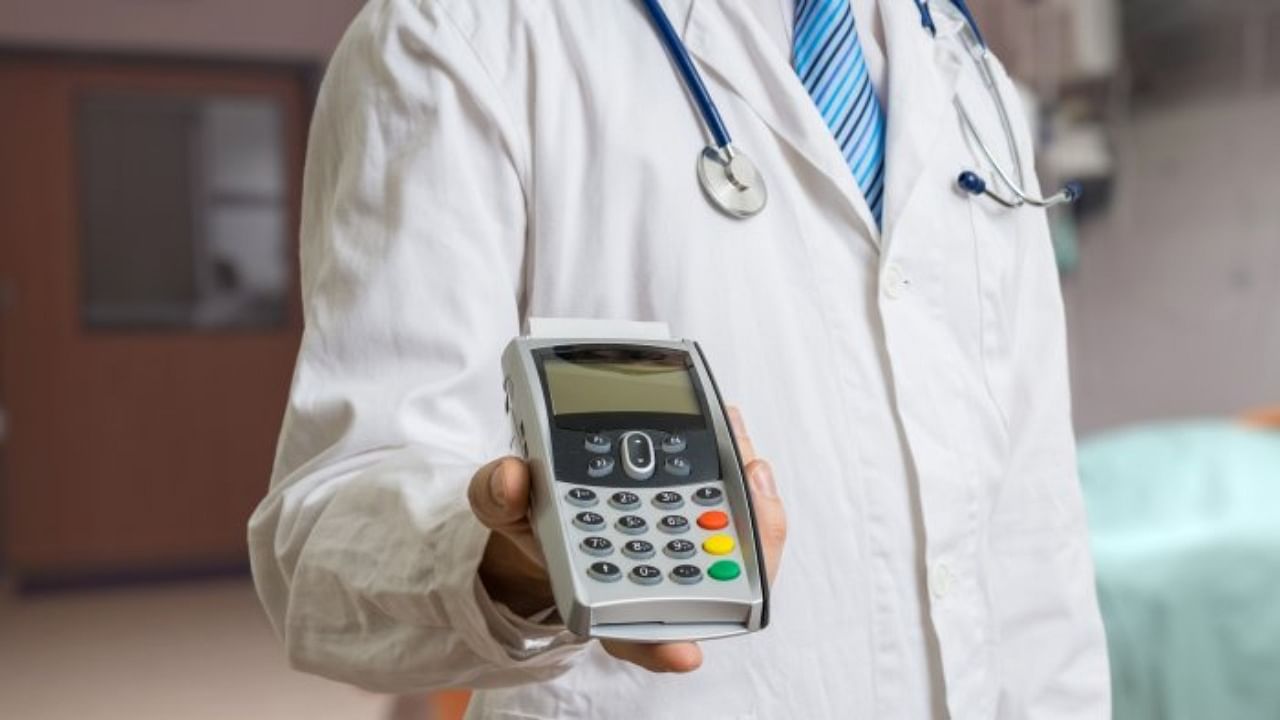
Citing that the cost of medical treatment in India went up by 7.21 per cent, CPI MP P Sandosh Kumar on Friday introduced a private member's bill in Rajya Sabha seeking to set up a national commission to control "medical inflation".
Kumar wants this Commission to monitor the rising medical expenses and out-of-pocket expenses regularly, take necessary steps to control the medical inflation in the country and regulate the costs of medicines, medical diagnostic tests and pathological examinations.
The National Commission for Controlling Medical Inflation Bill, 2022 piloted by the Kerala MP said healthcare expenses are increasing at a "very fast rate" every year and even the middle class are not being able to afford hospitalisation.
The Statements of Objects and Reasons of the Bill said that India witnessed the highest medical inflation rate of 14 per cent among Asian countries last year while the Ministry of Statistics and Programme Implementation noted in April this year that he cost of medical treatment in India went up by 7.21 per cent.
As the Directives Principles of Constitution mandate the state to ensure health to all and a judicial review putting the Right to Health under the purview of Article 21, the Bill proposes to set up a the National Commission for Controlling Medical Inflation, with powers of a civil court, to be set up in the country with a Chairperson, Deputy Chairperson and five other members.
The proposed Commission should also be tasked with standardising the prices of essential medicines, medical diagnostic tests, pathological tests and all other relevant medical and allied services across the country in order to reduce out-of-pocket expenses.
It should determine an upper limit for the fee to be charged for every procedure and test, draft a national policy for the standardisation of medical expenses and design a quality assurance framework.
"A detailed costing exercise for hospitals across the country shall be initiated in order to determine average costing modalities and cost inputs under various components so that it can help streamline reimbursements as well as the pricing of healthcare services," the Bill said.
Amid complaints that doctors' prescriptions are illegible to read, the Commission should also ensure "rational prescription of drugs by each practitioner with their generic names written legibly in capital letters".
The Bill pointed out, "a record 55 million Indians were pushed into poverty in 2017, because of the high out-of-pocket (OOP) health expenses. This is more than the population of three countries -- South Korea, Spain and Kenya. As of now, the out-of-pocket expenditure of an individual for healthcare is 63 per cent in India. This means that whether an individual has private health insurance or visits a government healthcare facility for treatment, they will have to spend a significant amount from their pocket for getting treated in the country."
It said one of the most critical reasons for the high medical inflation is the exorbitant rate of medicines, diagnostic tests, pathological examination and cost of other allied services.
Referring to the Economic Survey of 2017-18, it said, there are wide differences in the average prices of medical diagnostic tests across cities. The data reflects that a lipid profile test can cost a minimum of Rs 90 and a maximum of Rs 7,110 in various states. Similarly, the cost of a 2D echo test varies from Rs 500 to Rs 5200, and Liver Function test costs range between Rs 100-2500.
"Diagnosis tests provide vital information to make informed decisions about treatment methods. Hence, limited affordability and less access to quality diagnostic and medical services are among the major challenges contributing to delayed or inappropriate responses to disease control and patient management...Still, there is hardly any effort to monitor, control, regulate and standardise the price of these tests and essential drugs. Most hospitals follow market-based pricing for tests and allied services," the Bill said.
